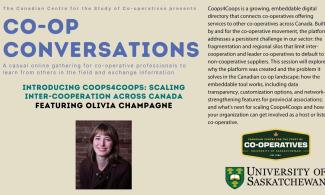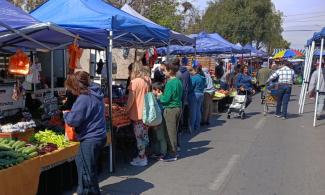Nicolás Chesta is an enthusiastic environmentalist from Chile, dedicated to promoting sustainability and community involvement. With a Bachelor of Science in Administration, he possesses a strong foundation in organizational management and a passion for driving positive change. From a young age, Nicolás has been driven by his concern for the changing climate patterns and droughts affecting his region and country. Recognizing the power of education, he has actively worked to make a meaningful impact in his community. Through his involvement in volunteering initiatives and environmental organizations, Nicolás has orchestrated water conservation sessions in local schools and spearheaded large-scale beach cleanups, garnering support from local politicians and environmental nonprofits. In 2017, Nicolás had the honor of being selected as a Youth Ambassador by the Department of State of the United States, which deepened his understanding of community impact and further fueled his passion for environmental leadership. He also made significant contributions as a member of the Youth Advisory Council for World Oceans Day, actively raising awareness and organizing impactful events. His commitment and exceptional leadership qualities led to his election as a Board of Directors member at EarthEcho International in 2020. As a former Water Challenge Regional Coordinator at EarthEcho International, Nicolás demonstrated his unwavering dedication to environmental education and engagement. He successfully launched and nurtured new partnerships, organized educational events, and expanded program offerings in Spanish-speaking regions, including South America, Puerto Rico, Mexico, and Spain. Nicolás\'s adept project management skills and ability to collaborate with diverse stakeholders played a crucial role in the growth and success of the Water Challenge program. Nicolás\'s dedication and accomplishments extend beyond his environmental work. He was honored as a hackathon winner in sustainable businesses, an experience that granted him valuable insights and the opportunity to travel to Germany. This journey broadened his perspective on sustainable practices and further fueled his commitment to making a positive impact. Driven by his firm belief in the transformative power of education, Nicolás aims to empower young people with the tools and awareness needed to protect their local environments. Through his tireless efforts, he exemplifies a strong commitment to making a significant difference and creating a brighter future for the Latin American and Caribbean region.





